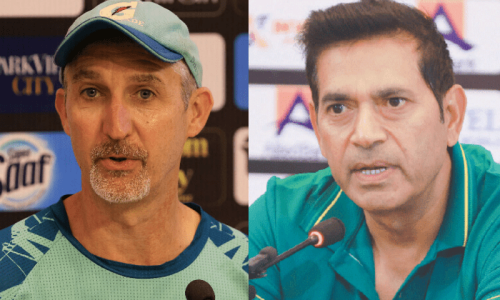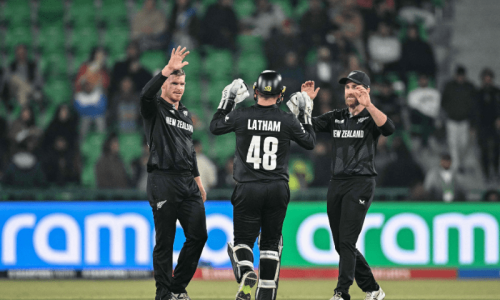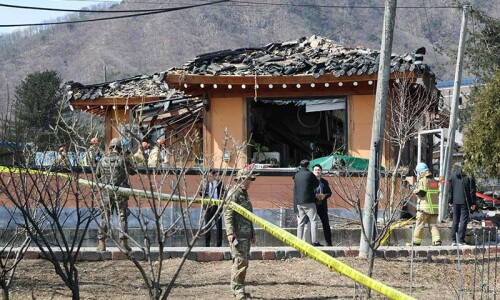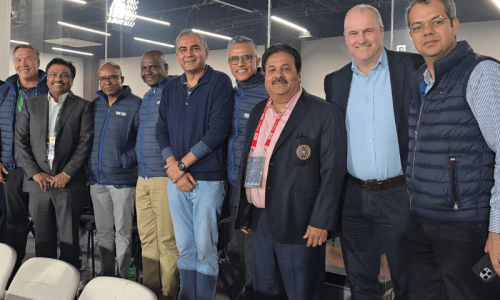
HANNOVER: Germany coach Joachim Loew and football federation officials joined the widow of former Germany goalkeeper Robert Enke in a private ceremony at his grave on Wednesday to mark the first anniversary of his death.
Enke, who was Hannover’s captain, suffered from depression and ended his life by stepping in front of a train on November 10, 2009.
From early morning, fans filed through a tent outside Hannover’s stadium to look at an exhibit of Enke memorabilia and write their thoughts in a “book of remembrance.”
Late Wednesday, about 1,000 people took part in a silent march from downtown Hannover to the stadium in a show of respect.
The city of Hannover plans to name a street next to the stadium after Enke.
Loew, federation president Theo Zwanziger, national manager Oliver Bierhoff and Hannover president Martin Kind joined Enke’s widow Teresa at the cemetery outside Hannover to lay wreaths and pay respects to her late husband. At her request, the ceremony was kept private.
“We won’t forget you,” was the message on the federation’s wreath.
The German football federation (DFB) and Teresa Enke have established a foundation that seeks to make the public more aware of the illness that drove her husband to kill himself.
Enke played for Bundesliga side Hannover and was widely tipped to be Germany’s number one at the 2010 World Cup in South Africa. He had a daughter Lara who passed away when she was two years old due to a heart disease. Enke and his Teresea later adopted a baby girl, Leila.
In a video message on the DFB website, Zwanziger paid tribute to Enke as “a strong national team goalkeeper, but he had a weakness.”
“We have got to be prepared not to make such a weakness into a taboo and allow it to be kept secret, but to try and bring it out of its silence,” Zwanziger said.
“The mourning, the pain and above all the question ‘why?’ continue to accompany us to this day. We have got to remember that that question still must be answered,” he said.
Zwanziger also pleaded against racial, religious and sexual discrimination. – AFP













































